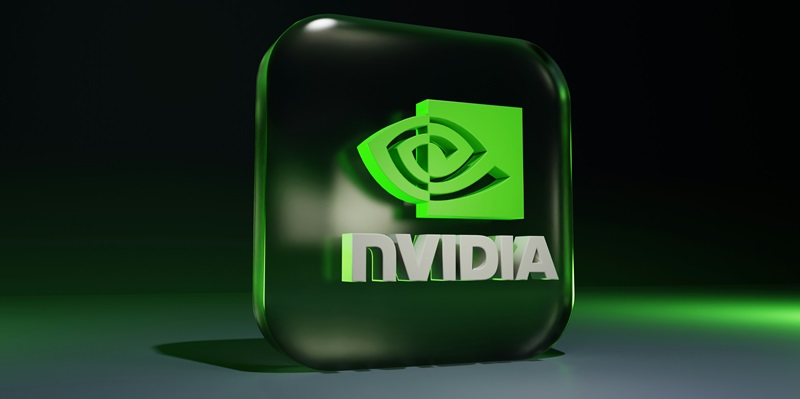The ascent of artificial intelligence has been swift and steep, transforming industries at a lightning-fast pace. As businesses and researchers race to harness the potential of AI for various applications, the demand for powerful computing resources has skyrocketed. This is where Nvidia has carved a place for itself at the forefront of the AI revolution.
Driving Innovation with Advanced GPU Technologies
Nvidia’s contribution to the AI boom can be largely attributed to its advanced GPU (Graphics Processing Unit) technologies. These GPUs have become the cornerstone of AI and machine learning computations, capable of handling the parallel processing tasks that AI algorithms demand. Nvidia’s GPUs have exponentially accelerated the capabilities of neural networks, enabling breakthroughs in deep learning and big data analytics.
The company has not rested on its laurels, continually pushing the envelope with its GPU designs. The recent release of their Hopper GPU architecture exemplifies this commitment to progress. These GPUs are specifically tailored to tackle the complex computations of AI at unprecedented speeds, proving that Nvidia understands the ever-evolving needs of AI researchers and engineers. The sophistication of Nvidia’s hardware is a prime reason why hyperscalers—major cloud providers like AWS, Microsoft Azure, and Google Cloud—are among their biggest customers, relying on Nvidia GPUs to power a wide range of AI services.
Cementing Leadership with Strategic Partnerships and Market Expansion
The rise of artificial intelligence (AI) has been rapid and transformative, with its influence permeating various sectors at an exceptional rate. As organizations and scholars strive to tap into AI’s capabilities, the thirst for advanced computing resources has surged. Standing out in this technological renaissance is Nvidia, a company now synonymous with the AI movement.
Nvidia’s significant role is no coincidence. Their cutting-edge graphics processing units (GPUs) were once primarily associated with video games, but have since become vital to AI’s computational demands. These powerful GPUs are adept at processing the complex algorithms that AI systems require for learning and evolving, making them indispensable for AI’s growth. Hence, Nvidia’s technology continues to fuel advancements in AI, pushing the boundaries of what’s possible in machine learning, autonomous vehicles, and numerous other applications.
As the AI industry evolves, Nvidia’s influence is anticipated to expand, anchoring the company’s position as a critical player in the push toward an increasingly intelligent future.

